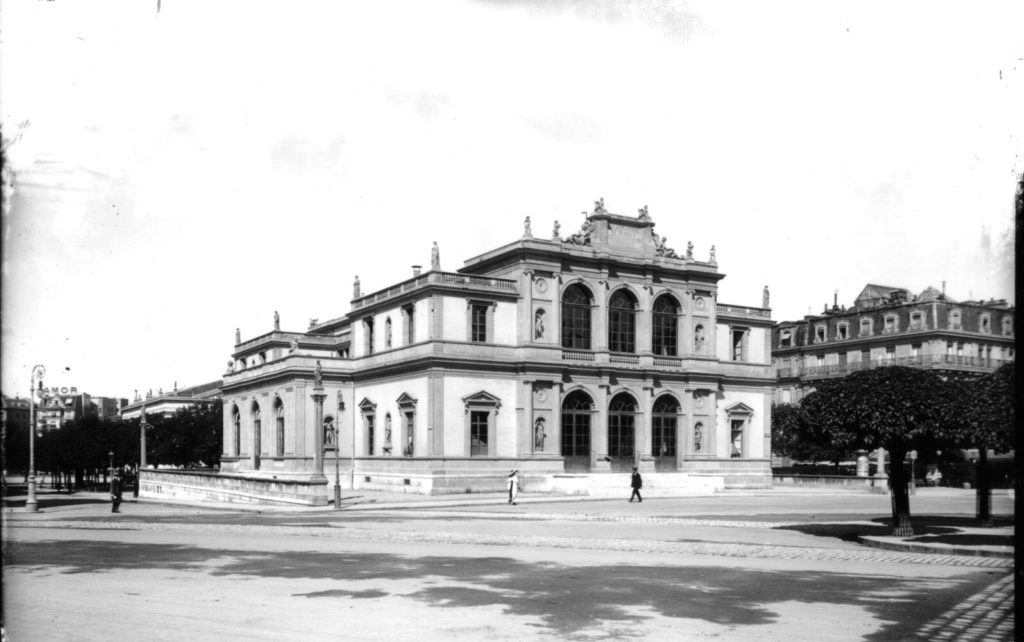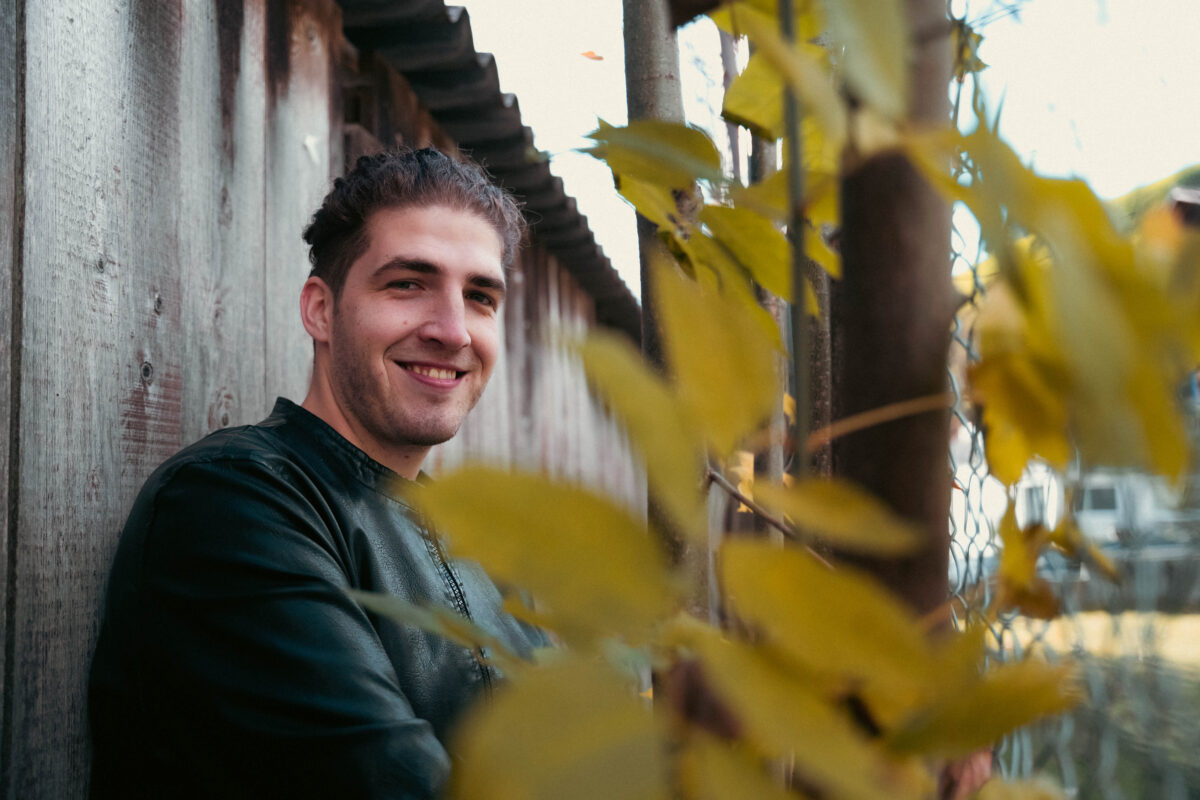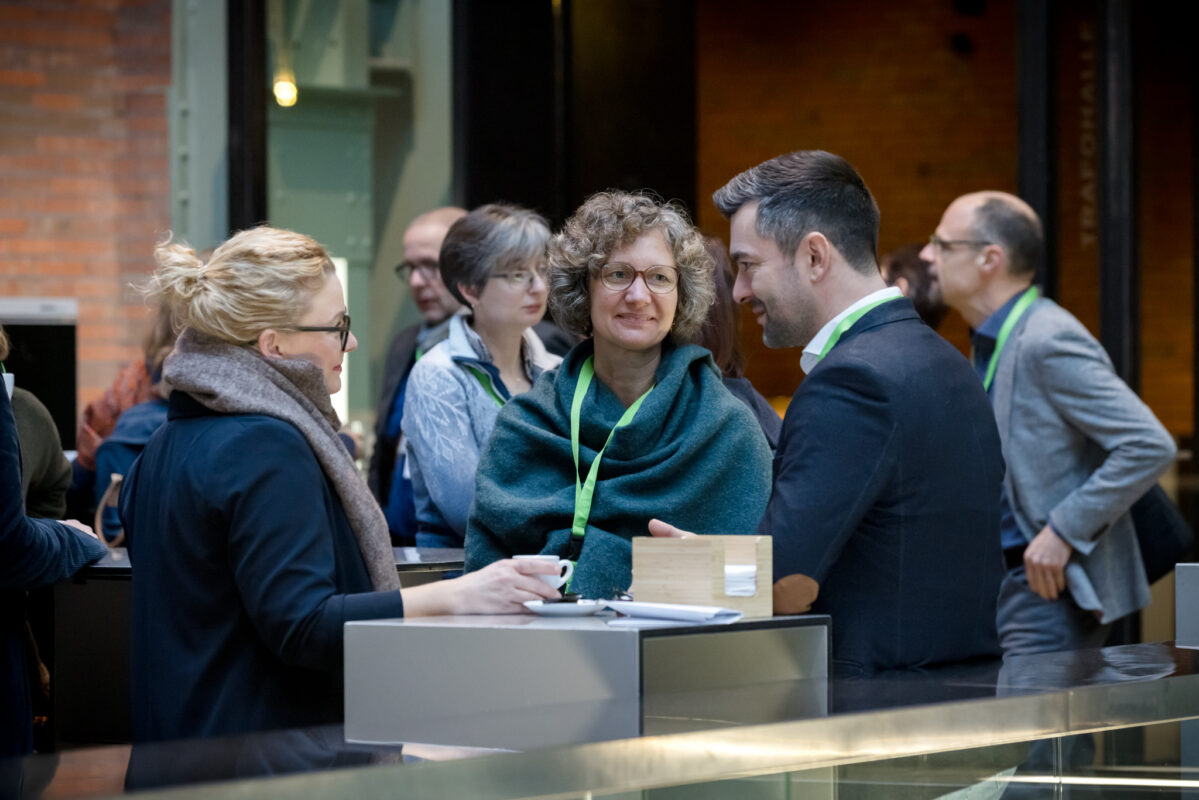A brief history of music schools in Switzerland
Numerous Swiss music schools are celebrating their 50th anniversary this year. They were founded during the general upheaval of the 1970s. Here is a brief summary of the history of music schools in Switzerland.

Music schools are often referred to as "conservatories" - the origin of the term is unexpected at best. From the 16th century onwards, priests in Italy founded institutions for young girls who were orphans or came from very poor families. They were "preserved" until they were of marriageable age by preparing them to become respectable women, in particular by giving them a good musical education. Gradually, music lessons in these "conservatories" became open to the public.
In France, the Royal Academy of Music and the Royal School of Singing were closed during the French Revolution. In their place, a new institute modeled on the Italian schools was established in 1795. It was called the Conservatory of Music. Its function? "To produce musicians who could celebrate national festivals."
The concept crossed the border in 1835: the financier and patron François Bartholony founded the Geneva Conservatory of Music - the first Swiss music school, which counted Franz Liszt among its teachers. In 1858, the city of Bern opened its first music school, which was renamed the "Conservatory of Music" in 1927. The Lausanne Conservatory was founded in 1861. It was followed by Schaffhausen in 1866, Basel in 1867, Zurich in 1876 and Fribourg in 1904.
The Vevey Conservatory of Music was founded in 1915 by Mathilde and Emile de Ribaupierre, and Neuchâtel in the fall of 1917. Georges Humbert, its first director, was inflamed in his opening speech: "It is abnormal that a city like Neuchâtel does not have a musical educational institution worthy of its rank as a city of education and teaching in Switzerland."
In 1927, Charles Faller was involved in the founding of a music school that would soon be called the La Chaux-de-Fonds Conservatory. In 1949, the Cantonal Conservatory of Valais was founded by Georges Haenni.
In addition to these official institutions, there were and are of course many other music schools. From the Middle Ages onwards, monasteries and convents offered courses based on liturgical singing. Instrumental courses were mainly offered privately by musicians, but also in trumpet, pipe and drum societies as well as in military music ensembles, from which today's brass bands emerged. Secular or religious choirs are also worth mentioning. In addition, there were personalities who founded their own schools, such as Emile Jaques-Dalcroze, a teacher at the Geneva Conservatory, who founded the institute named after him in 1915 and continues to shape music education to this day.
After the Second World War, there was a movement throughout Europe to establish new music schools - including in Switzerland. This upswing gave rise to the European Union of Music Schools (EMU) in 1973 and, two years later, the Swiss Association of Music Schools (VMS), to which around 400 music schools from Switzerland and Liechtenstein belong today.
Is your music school also celebrating an anniversary? We would be happy to highlight your activities in our newsletter. Get in touch with info@musikschule.ch.








